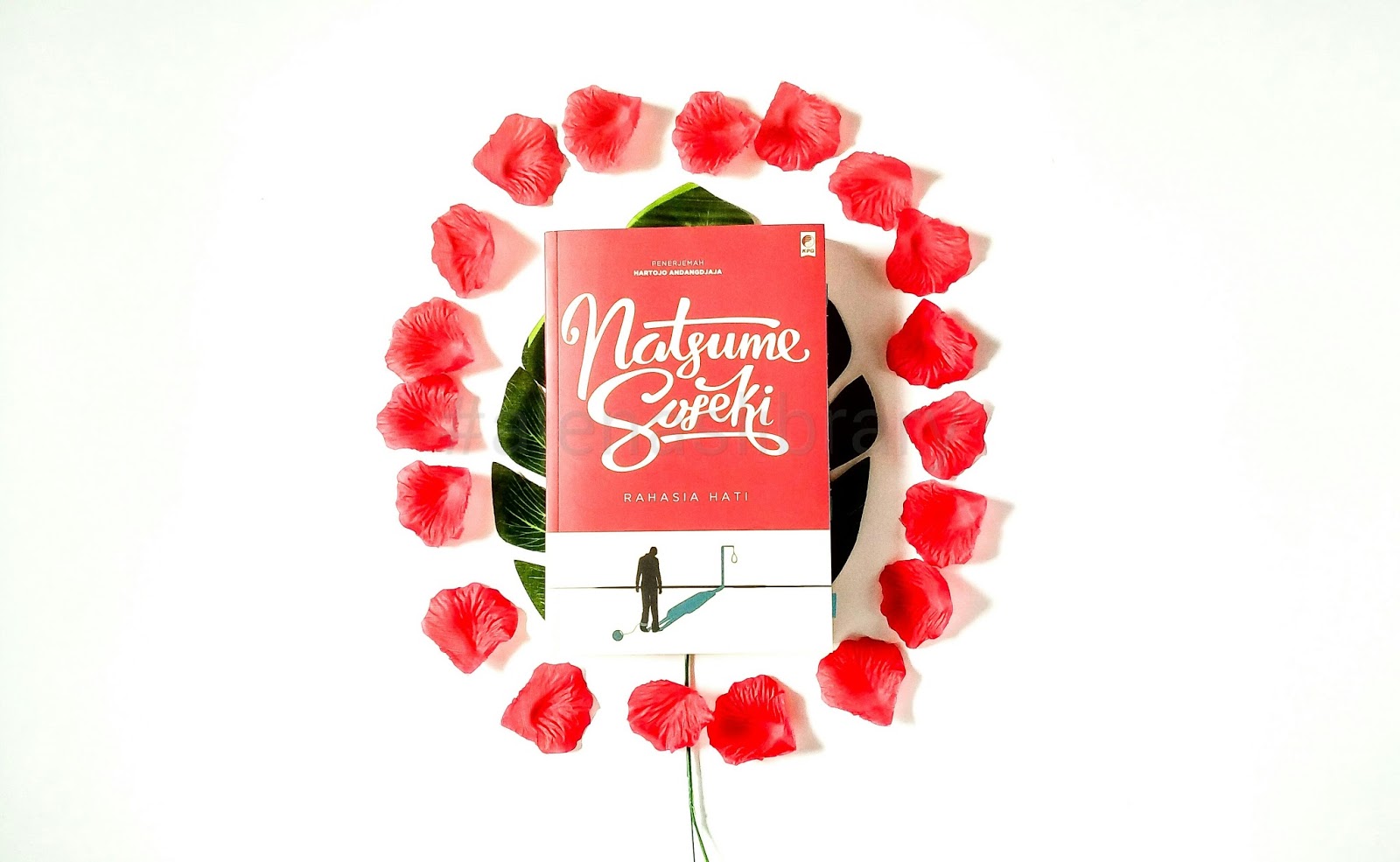

Like a lot of young people he had no idea of what he wants to do, but I do have to give him credit for at least doing something while he was trying to figure out what to do. He goes to the University of Tokyo of Physics and emerges with a degree in math, not because he likes math, but because he could pass the classes. She certainly has an exaggerated sense of Botchan’s character, but because she considers him her son we can forgive her having such misconceptions. She is a fallen aristocrat who pins her hopes on Botchan making something of himself so she can continue to be his servant until she dies. Natsume Soseki, the author of this work, was so revered in Japan his face appeared on the 1000 Yen currency.īotchan has grown up under the protective wing of a family servant named Kiyo. Wouldn't their students, and the world at large, be better off that way?” The schools might as well just go ahead and teach you how to tell lies, how to mistrust everybody, and how to take advantage of people. If that's the way it is, it would be better if they didn't have those ethics classes in elementary school and middle school where the teacher is always telling you to be honest and not lie.

And then on those rare occasions when they encounter somebody who's honest and pure-hearted, they look down on him and say he's nothing but a kid, a Botchan. They seem to think that if you don't, you'll never get anywhere in the world. ”Now that I thought about it, though, I realized that most people actually encourage you to turn bad. Here, in a lively new translation much better suited to Western tastes than any of its forebears, Botchan's homespun appeal is all the more apparent, and even those who have never been near the sunlit island on which these calamitous episodes take place should find in it uninterrupted entertainment. Much of the story seems to occur in summer, against the drone of cicadas, and in many ways this is a summer book light, funny, never slow-moving. Into this conservative world, with its social proprieties and established pecking order, breezes Botchan, down from the big city, with scant respect for either his elders or his noisy young charges and the result is a chain of collisions large and small. The setting is Japan's deep south, where the author himself spent some time teaching English in a boys' school. Among Japanese readers both young and old it has enjoyed a timeless popularity, making it, according to Donald Keene, "probably the most widely read novel in modern Japan." Like The Catcher in the Rye or The Adventures of Huckleberry Finn, Botchan, a hilarious tale about a young man's rebellion against "the system" in a country school, is a classic of its kind.


 0 kommentar(er)
0 kommentar(er)
